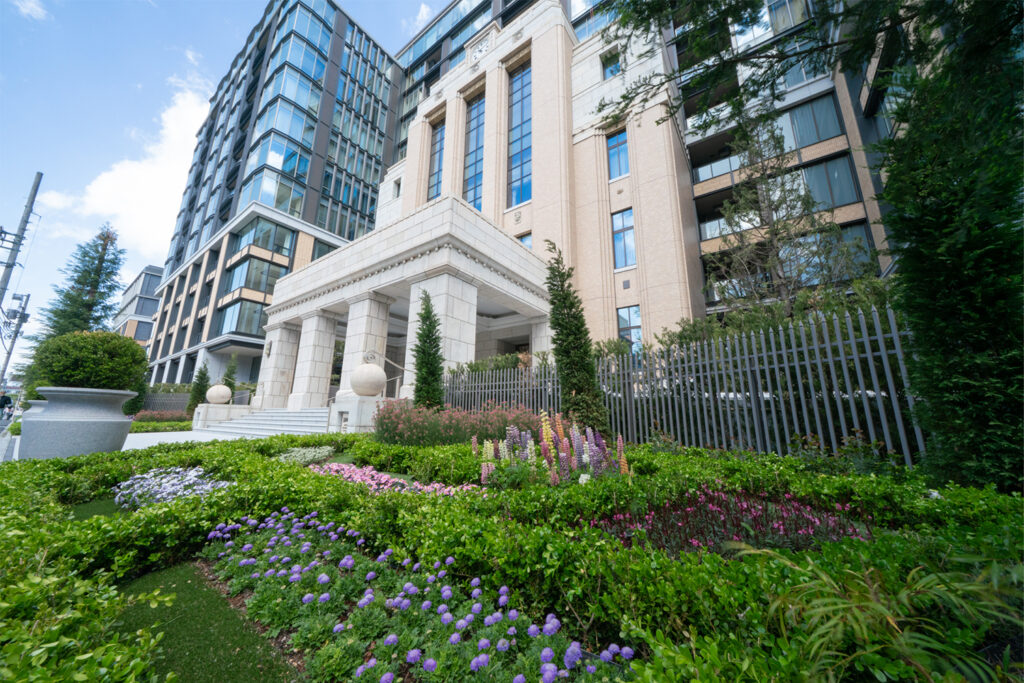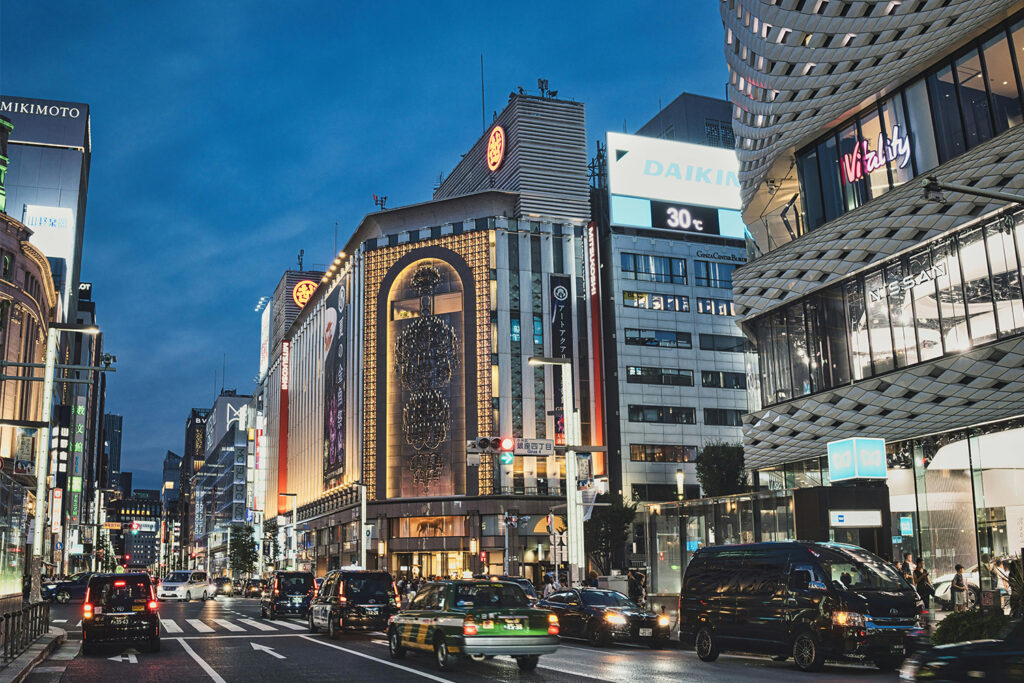
Tokyo seems to be the next real estate commodity for the wealthy. In the past couple of years foreign and local buyers have taken advantage of weaker yen and low interest rates. Due to these reasons, Tokyo’s luxury apartments are seen as more affordable compared to other international cities. For example, with USD 1,000,000 potential buyers can get twice the amount of peak real estate space in Tokyo compared to cities like New York, and three times more in cities such as Hong Kong according to Knight Frank data cited by Bloomberg.
Many of these foreign buyers come from Hong Kong and China due to rising political tensions and also the high taxes Singapore has now introduced to foreign buyers have many buyers coming to Japan to diversify their portfolios.
Experts say that due to the rise of young, up and coming tech entrepreneurs, there has been a rise of demand of areas such as Roppongi and Shinjuku, compared to before where people who wanted to buy property in the city opted into homes in luxurious quiet neighborhoods such as Hiroo and Azabu. Another reason Japan is growing in demand is because overseas buyers view Japan as a stable, predictable, and attractive place for a second home brokers cite.
According to the Real Estate Economic Institute cited by Bloomberg, the average selling price of new apartments in the Tokyo area doubled year-on-year from March 2022 to March 2023. Since then price gains have subsided but were still up 60% in April and 48% in May.
In July of 2023, a major sale occurred in Sendagaya, Shibuya-ku. A complex called The Kita designed by award-winning architect Kengo Kuma was reportedly sold for around USD 50,000,000 according to its developer Westbank Corp. Also according to the real estate company called Savills, a penthouse unit in Azabudai Hills has reportedly been sold for around JPY 20,000,000,000, the highest price ever recorded for a Japanese apartment.
Due to the recent rise of asset prices, this means real estate in Japan has began to maintain or increase in value, compared to the early 1990s where properties typically began to depreciate from the moment properties were sold. Yukiko Takano, a real estate advisor at List Sotheby’s International Realty has told Bloomberg, “more people were beginning to see property as a viable and rewarding investment [In Japan].” and now “I think Japan is realizing that real estate is a commodity.”
The Institute’s data is based on official acquisition announcement
Sources: Bloomberg 10th July 2023











